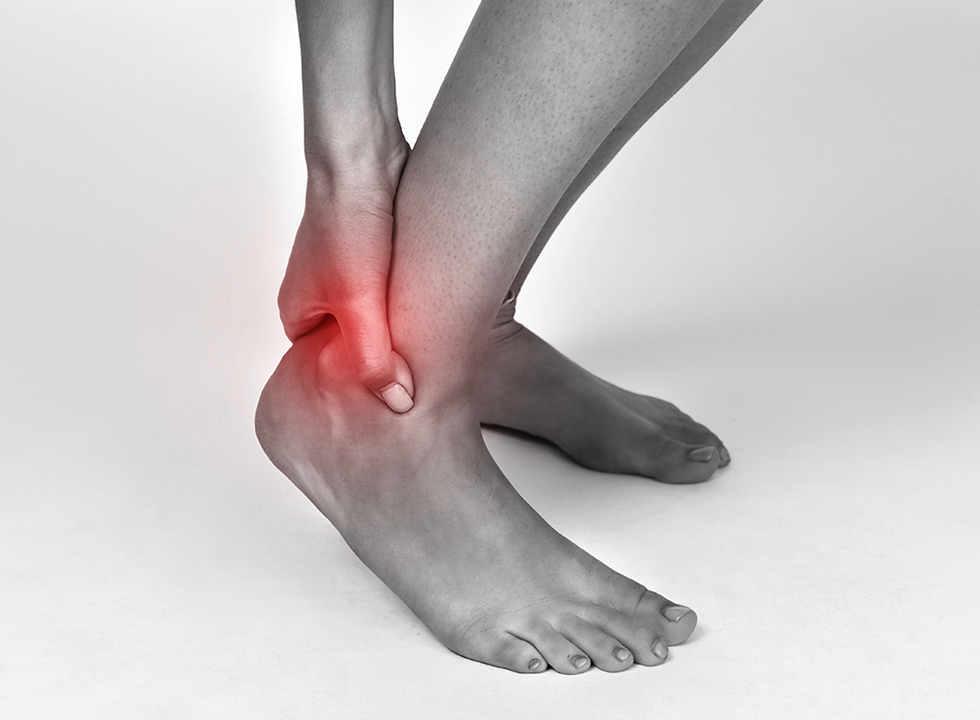Using Physiotherapy to Improve Your Athletic Performance
- Christopher nour

- Sep 3, 2024
- 2 min read
Athletes are constantly striving to enhance their performance, whether it's improving strength, speed, endurance, or agility. While rigorous training is essential, integrating physiotherapy into your athletic regimen can provide significant benefits in optimising performance, preventing injuries, and accelerating recovery. In this blog post, we will explore how physiotherapy can help athletes of all levels achieve their performance goals and maintain peak physical condition.
The Role of Physiotherapy in Athletic Performance
Physiotherapy offers specialised techniques and strategies tailored to athletes' unique needs, focusing on maximising physical potential and minimising the risk of injuries. Here’s how physiotherapy contributes to improving athletic performance:
Injury Prevention
Biomechanical Assessment: Physiotherapists assess movement patterns and biomechanics to identify potential areas of weakness or imbalance that could lead to injuries.
Muscle Imbalance Correction: Addressing muscle imbalances through targeted exercises and corrective techniques reduces the risk of overuse injuries.
Enhanced Strength and Flexibility
Strength Training: Customised strength programs focus on improving muscular strength, power, and endurance specific to the athlete’s sport.
Flexibility and Mobility: Stretching routines and joint mobilisation techniques enhance flexibility, allowing athletes to move more efficiently and reduce muscle stiffness.
Optimised Recovery
Post-Training Recovery: Physiotherapists use modalities such as massage, compression therapy, and contrast baths to promote muscle recovery and reduce soreness after intense training sessions.
Active Recovery Strategies: Implementing active recovery techniques like light exercises, foam rolling, and dynamic stretching helps maintain muscle function and readiness for subsequent training sessions.
Performance Enhancement
Movement Analysis: Analysing sport-specific movements helps refine technique and efficiency, improving overall performance.
Sport-Specific Conditioning: Tailoring conditioning programs to mimic the demands of the sport enhances endurance, speed, agility, and coordination.
Pain Management
Manual Therapy: Techniques like soft tissue mobilisation, joint manipulation, and trigger point therapy alleviate pain and stiffness, enabling athletes to train and compete at their best.
Modalities: Utilising modalities such as ultrasound therapy and electrical stimulation helps manage acute and chronic pain, supporting uninterrupted training.
Mental and Emotional Support
Stress Management: Physiotherapists provide strategies for managing stress and anxiety related to performance, helping athletes maintain focus and mental clarity.
Mind-Body Connection: Techniques like breathing exercises and mindfulness practices enhance body awareness and promote relaxation, crucial for peak performance.
Integrating Physiotherapy into Your Training Routine
To maximise the benefits of physiotherapy for athletic performance, consider the following tips:
Regular Assessment: Schedule regular assessments with a physiotherapist to monitor progress, address any emerging issues, and adjust treatment plans accordingly.
Consistency: Follow through with prescribed exercises, stretches, and recovery techniques consistently to maintain physical readiness and prevent setbacks.
Communication: Maintain open communication with your physiotherapist regarding any changes in training, performance goals, or concerns about pain or discomfort.
Contact us today to discover how our physiotherapy services can support your athletic journey and elevate your performance to new heights.



Comments